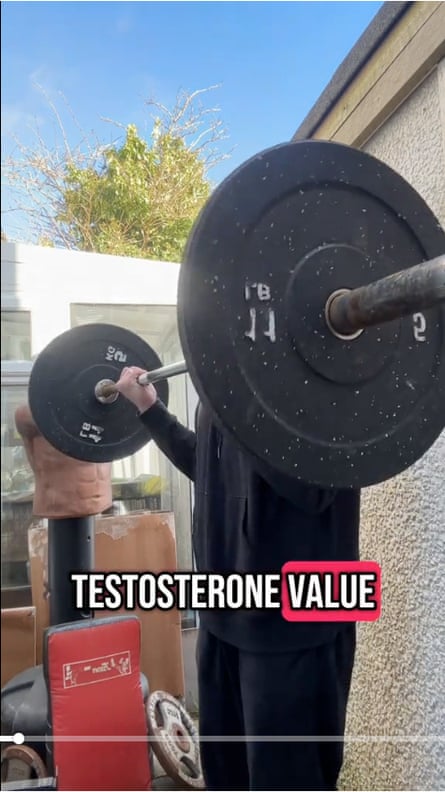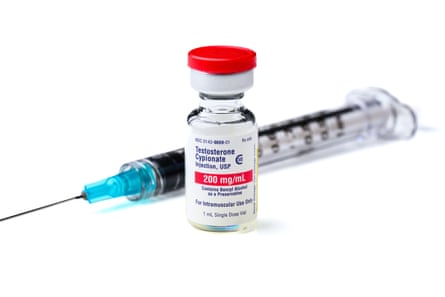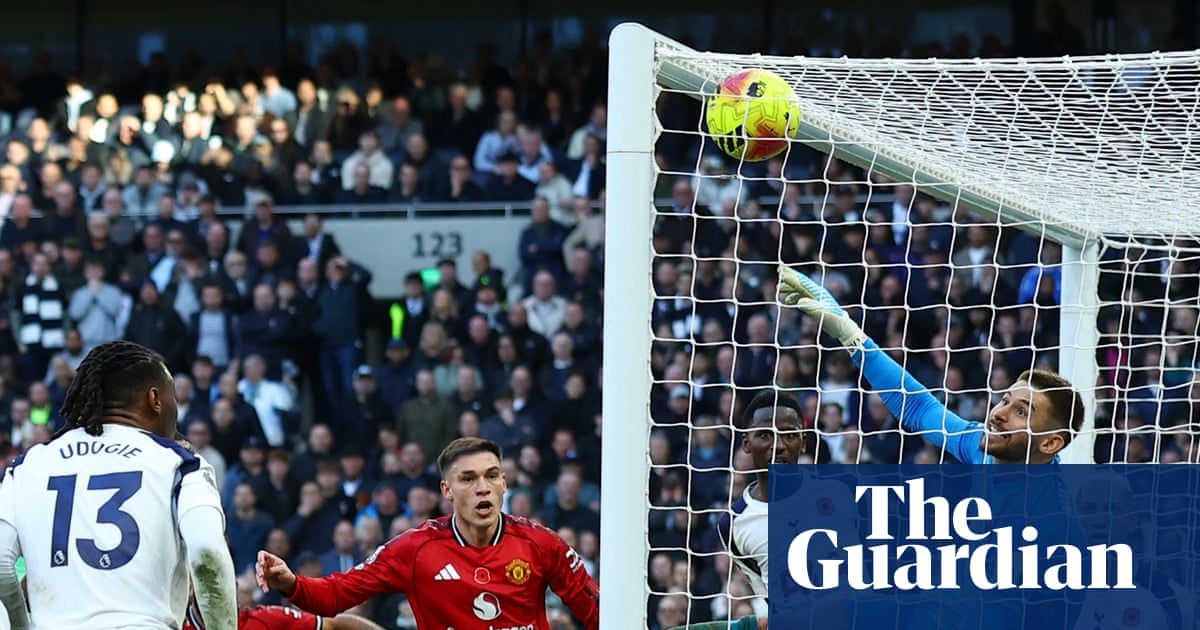Social media misinformation is driving men to NHS clinics in search of testosterone they don’t need, adding pressure to already stretched waiting lists, doctors have said.
Testosterone therapy is a prescription-only treatment recommended under national guidelines for men with a clinically proven deficiency, confirmed by symptoms and repeated blood tests.
But a wave of viral videos on TikTok and Instagram have begun marketing blood tests as a means of accessing testosterone as lifestyle supplement, advertising the hormone as a solution to problems such as low energy levels, poor concentration and reduced sex-drive.
Doctors warn taking testosterone unnecessarily can suppress the body’s natural hormone production, cause infertility, and increase the risk of blood clots, heart problems and mood disorders.
The online demand for treatment is so great that medical professionals have now begun to see it mirrored in their clinics.
Prof Channa Jayasena, of Imperial College London and chair of the Society for Endocrinology Andrology Network, said hospital specialists are seeing growing numbers of men who have had these private blood tests, often promoted on social media, and have been incorrectly told they need testosterone.
“At the national meeting, we asked 300 endocrinologists across the UK, everyone is seeing patients from these clinics every week,” he said. “They are filling our clinics. We used to see people with adrenal problems and diabetes, and it’s really affecting NHS care. We are all asking how to deal with this.”
Advertising prescription drugs in the UK is illegal, but the Guardian has found that a number of TikTok influencers are collaborating with private medical clinics to advertise blood tests, which are legal to promote, as a route to testosterone therapy.

Advocates for testosterone replacement therapy with thousands of followers are being paid or offered incentives by private clinics to promote discount codes and giveaways, encouraging men to get their testosterone levels checked and potentially access treatment.
In one of the posts, a man does bicep curls, saying: “Get your testosterone tested … shoot me a DM for a £20 discount.” In another video, a free blood test is offered as part of a giveaway, telling men it will help them “take control” of their performance.
The Guardian flagged these posts to the Advertising Standards Authority for potential breaches in regulation, due to them promoting prescription drugs, prompting an investigation by the watchdog.
Jayasena said: “I have just come back from a national teaching course for next-generation endocrinology consultants, and most people raised concerns about reproduction and this issue, a flurry of men being pushed to up-tick their testosterone.”
He added: “Putting the influencers aside, this is a huge problem. Hospital specialists are seeing patients coming in after having private blood tests, often arranged through influencers perhaps, and then being told by inexperienced doctors or a wide range of healthcare professionals that they should start testosterone. The advice they are giving is wrong.”
Private clinics charge about £1,800 to £2,200 for the first year of testosterone replacement therapy (TRT). Packages include medication, monitoring and consultations.
Once a niche medical treatment for a small number of men with clinically diagnosed hormone deficiency, TRT has increasingly been reframed as a lifestyle or “performance optimisation” tool. Online clinics now offer at-home blood tests and subscription packages, making it easier to access outside traditional healthcare systems.

These posts often suggest that low motivation, tiredness or ageing are signs of “low T”, driving more men to seek tests and treatment, even though medical guidelines restrict TRT to those with proven hormonal deficiency.
Jayasena said: “There are specific clinical guidelines on who should and should not be started on testosterone. Certain symptoms, such as erectile dysfunction, are clearly associated with low testosterone. Other symptoms, like not having enough muscle or feeling depressed, are not associated with low testosterone. A man might say, “I’m not very muscly,” and be told to get tested, but there’s no evidence he needs one.
“The most worrying thing is these clinics are starting testosterone for men with normal testosterone levels. There is no evidence that testosterone levels greater than 12 nmol/L are beneficial, and I have heard of clinics starting men below 18, which includes much of the population.”
He added that taking it when you don’t need it can cause infertility. “It suppresses the testicular and hormonal signals from the brain needed for the testicles to work, so clinics give a concoction of other drugs to stop that happening, the same approach used by anabolic steroid users.”
TikTok has been approached for comment.

 2 hours ago
8
2 hours ago
8

















































